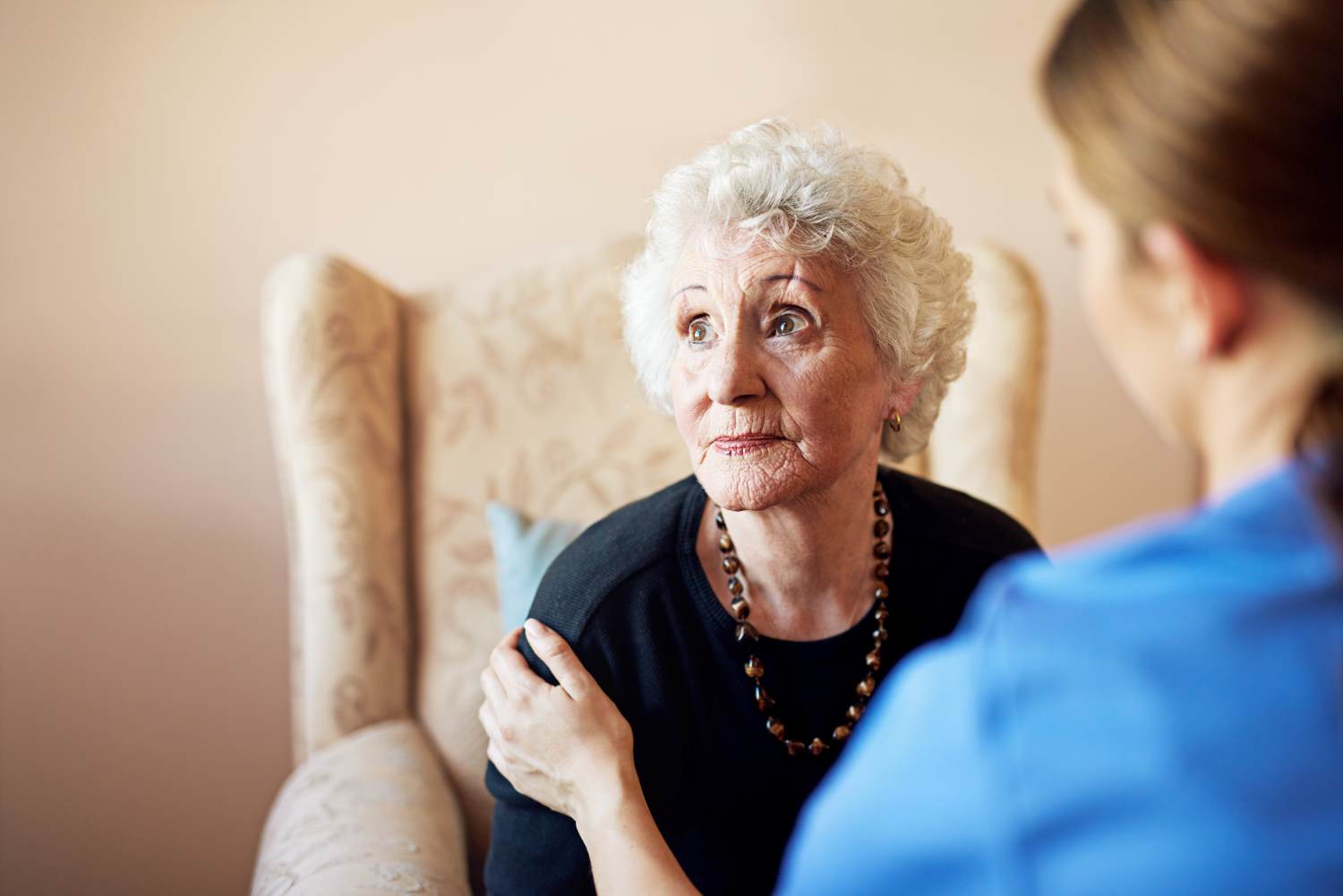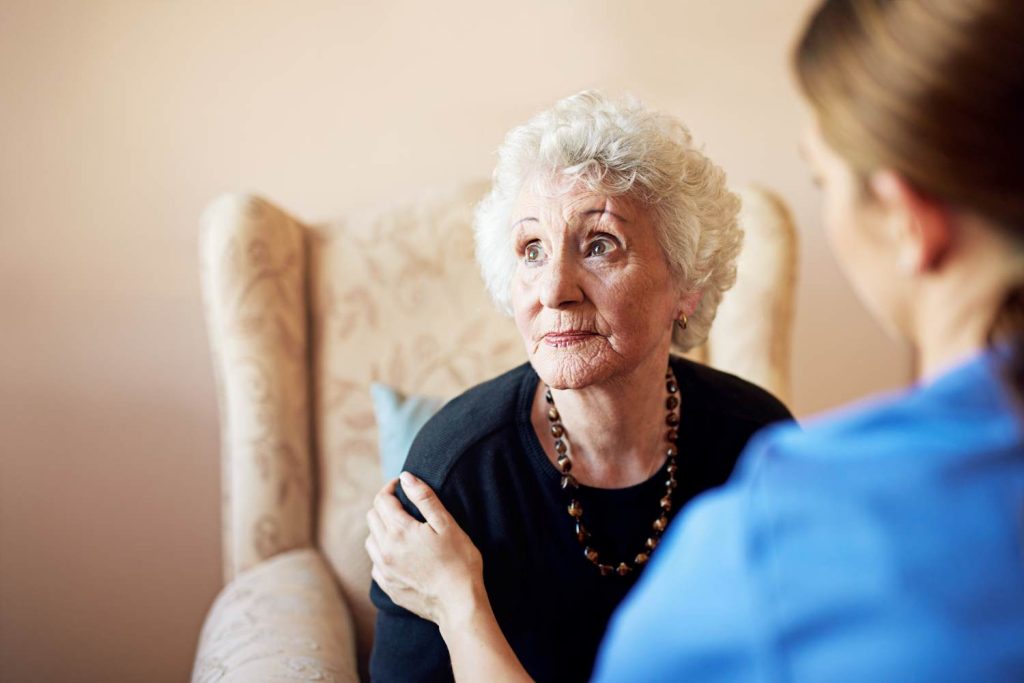- Free Consultation: (630) 527-4177 Tap Here to Call Us
How Long Does It Take to Die From Dehydration or Malnutrition in a Nursing Home?

Dehydration and malnutrition are severe, life-threatening conditions that should never occur in a properly run nursing home. Unfortunately, neglect in nursing home facilities can lead to residents suffering from inadequate hydration or nutrition, resulting in severe health complications and, in some cases, death. Families often wonder how quickly these conditions can progress and what signs to look for to prevent tragedy.
In this blog, we explore how long it takes to die from dehydration or malnutrition in a nursing home, the factors that influence their progression, and how proper nursing home care can prevent these outcomes. We’ll also discuss what families can do if they suspect nursing home neglect contributed to a loved one’s suffering or death.
Understanding Dehydration and Malnutrition
Dehydration and malnutrition occur when the body is deprived of the fluids and nutrients it needs to function properly. Both conditions can develop quickly or over an extended period, depending on the individual’s health and circumstances.
Dehydration
According to the Mayo Clinic, dehydration happens when the body loses more fluids than it takes in, and your body doesn’t have enough fluid to carry out its normal functions. This water and fluid imbalance then affects every organ system, leading to symptoms such as fatigue, confusion, organ failure, and, eventually, death.
Malnutrition
According to Johns Hopkins Medicine, malnutrition occurs when the body does not receive enough nutrients, vitamins, or calories to maintain its functions. The body’s inability to get the nutrients it needs weakens the immune system, slows wound healing, and increases the risk of infections and organ failure.
How Quickly Do Dehydration and Malnutrition Progress?
The timeline for death from dehydration or malnutrition depends on several factors, including the individual’s overall health, age, and the level of neglect involved. Both conditions can escalate rapidly without intervention, especially in nursing home residents who are already vulnerable due to their age and other health conditions.
Dehydration Timeline
- Mild Dehydration: Symptoms like thirst, dry mouth, and dizziness can appear within hours if fluid intake is insufficient.
- Moderate Dehydration: If fluids are not replenished, more severe symptoms, such as confusion, rapid heart rate, and reduced urine output, can develop within 1 to 3 days.
- Severe Dehydration: In severe cases, dehydration can lead to kidney failure, shock, and death in 3 to 7 days.
Malnutrition Timeline
- Early Effects: Malnutrition can develop over weeks or months, initially causing fatigue, weight loss, and weakened immunity.
- Advanced Malnutrition: Prolonged malnutrition leads to muscle wasting, organ dysfunction, and increased vulnerability to infections. Without intervention, death can occur in several weeks to a few months, depending on the severity.
“Dehydration and malnutrition progress rapidly in nursing home residents who are already frail. Timely intervention can save lives, making it critical for staff to monitor and address these conditions before they become fatal.” – John J. Malm, Naperville nursing home abuse attorney
Factors Influencing the Progression of Dehydration and Malnutrition
Several factors determine how quickly dehydration or malnutrition can lead to death in a nursing home setting:
1. Age and Health Condition
- Older adults are more vulnerable because they have lower water reserves, slower metabolisms, and reduced muscle mass.
- Pre-existing conditions, such as diabetes, kidney disease, or dementia, accelerate the progression of dehydration and malnutrition.

2. Level of Care
- Nursing home residents who are bedridden, immobile, or unable to communicate their needs are entirely dependent on nursing home staff for hydration and nutrition. Neglect or understaffing can lead to missed meals, insufficient water intake, and worsening conditions.
3. Complications
- Dehydration and malnutrition often lead to secondary complications, such as infections, bedsores, and organ failure, which can hasten death if untreated.
4. Speed of Intervention
- Prompt medical intervention, such as intravenous fluids or nutritional support, can reverse the effects of dehydration and malnutrition. Delayed or absent intervention increases the likelihood of fatal outcomes.
Signs of Severe Dehydration and Malnutrition
Recognizing the signs of dehydration and malnutrition early in nursing home residents is critical to preventing their progression. Families and nursing home staff should monitor for the following symptoms:
Signs of Severe Dehydration:
- Extreme thirst and dry, cracked lips.
- Sunken eyes or hollow cheeks.
- Dark or minimal urine output.
- Confusion, disorientation, or lethargy.
- Rapid heartbeat or low blood pressure.
Signs of Severe Malnutrition:
- Dramatic weight loss or muscle wasting.
- Weakness or inability to perform basic tasks.
- Swollen feet or abdomen (edema caused by protein deficiency).
- Brittle hair, nails, or dry, flaky skin.
- Frequent infections or slow wound healing.
How Does Neglect Contribute to Dehydration and Malnutrition in Nursing Homes?
In most cases, dehydration and malnutrition in nursing homes are entirely preventable. However, systemic nursing home neglect can lead to these conditions going unnoticed or untreated. Common causes include:
1. Understaffing
Understaffed facilities may lack the resources to monitor residents’ hydration and nutritional needs. This often results in skipped meals, unassisted feeding, or inadequate attention to residents who cannot eat or drink independently.
2. Lack of Training
Poorly trained staff may fail to recognize the early signs of dehydration or malnutrition, delaying critical intervention.
3. Ignored Feeding Assistance
Residents with difficulty swallowing, chewing, or using utensils require assistance. Neglecting these needs can lead to inadequate intake of food and water.
4. Poor Quality Food and Water
Some nursing homes provide substandard meals that lack essential nutrients or fail to ensure clean, accessible drinking water.
“When nursing homes fail to meet basic care standards, they put residents at risk for conditions like dehydration and malnutrition. These are not unavoidable consequences of aging—they are preventable outcomes of neglect.” – John J. Malm, Naperville nursing home injury lawyer
Consequences of Dehydration and Malnutrition in Nursing Homes
When dehydration or malnutrition progresses unchecked, the consequences can be severe and often fatal. These conditions lead to:
- Organ Failure: Dehydration affects the kidneys, heart, and brain, while malnutrition weakens all major organ systems.
- Weakened Immunity: Malnourished residents are more susceptible to infections, such as pneumonia or urinary tract infections (UTIs).
- Bedsores and Infections: Poor nutrition slows wound healing, increasing the severity of bedsores.
- Death: In severe cases, prolonged dehydration or malnutrition results in death, often accompanied by significant suffering.
Preventing Dehydration and Malnutrition in Nursing Homes
Under the Illinois Nursing Home Care Act, nursing homes have a legal and ethical duty to prevent dehydration and malnutrition. Key measures include:
1. Regular Monitoring
- Tracking residents’ food and water intake.
- Monitoring for weight loss or other signs of nutritional deficiencies.
2. Individualized Care Plans
- Developing personalized nutrition and hydration plans tailored to each resident’s medical needs.
- Adjusting care for residents with difficulty eating or swallowing.
3. Staff Training
- Ensuring staff are trained to recognize and address early symptoms of dehydration and malnutrition.
4. Adequate Staffing Levels
- Maintaining sufficient staff-to-resident ratios to ensure every resident receives the attention they need.
What to Do If a Loved One Suffers From Dehydration or Malnutrition in a Nursing Home
If you suspect your loved one is suffering from dehydration or malnutrition in a nursing home, act quickly to protect their health and well-being:
1. Document Symptoms: Take note of physical signs, changes in behavior, and any interactions with staff. Photographs and written records can be valuable evidence.
2. Speak to Nursing Home Administrators: Raise and document your concerns with the facility’s leadership and request a care plan review.
3. Seek Medical Attention: Ensure your loved one receives immediate medical treatment for dehydration or malnutrition.
4. Report Neglect: File a complaint with the Illinois Department of Public Health (IDPH), which investigates allegations of nursing home neglect.
5. Consult an Illinois Nursing Home Neglect Attorney: If neglect contributed to your loved one’s suffering or death, consult an experienced Illinois nursing home abuse attorney to explore your legal options.
How John J. Malm & Associates Can Help with your Illinois Nursing Home Neglect Case
At John J. Malm & Associates, our Illinois nursing home abuse and neglect lawyers are dedicated to holding negligent nursing homes accountable for harm caused by dehydration and malnutrition. With over 90 years of combined experience, our team has successfully represented families in cases involving nursing home neglect.
Why Families Trust Us:
- Thorough Investigations: We gather medical records, facility reports, and witness testimony to build a strong case.
- Compassionate Representation: We understand the emotional toll these cases take and provide personalized support to families.
- Proven Results: Our attorneys have secured significant settlements and verdicts for families seeking justice.
“Dehydration and malnutrition should never happen in a nursing home. When facilities fail to provide basic care, we fight to hold them accountable and seek justice for families.” – John J. Malm, Naperville nursing home neglect lawyer
Contact the Illinois Nursing Home Abuse Attorneys at John J. Malm & Associates
Dehydration and malnutrition are preventable conditions that can quickly become fatal if ignored. In nursing homes, these issues are often the result of neglect, understaffing, or inadequate care. By recognizing the signs early and advocating for timely intervention, families can help protect their loved ones.
If your loved one has suffered or died from dehydration or malnutrition due to nursing home neglect, the team of compassionate elder abuse lawyers at John J. Malm & Associates is here to help. Contact us today for a free consultation, and let us fight for justice on behalf of your family. Your loved one’s dignity and safety are our top priorities.










